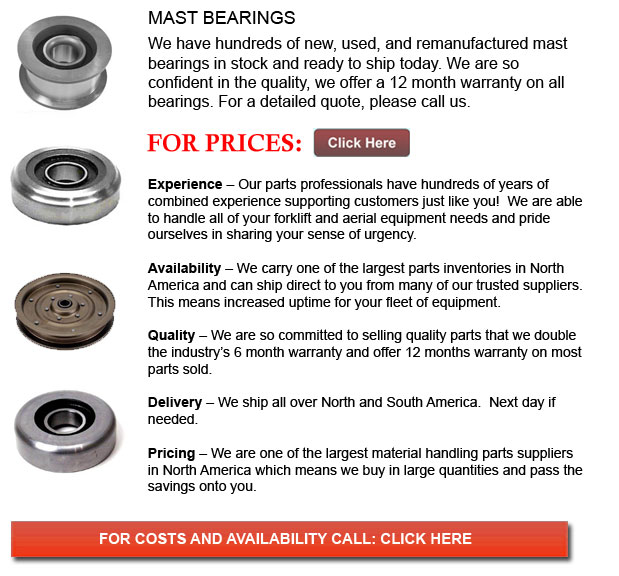
Mast Bearing - A bearing allows for better motion among two or more components, usually in a linear or rotational sequence. They could be defined in correlation to the direction of applied weight the can take and in accordance to the nature of their use
Plain bearings are extremely generally used. They use surfaces in rubbing contact, normally together with a lubricant like for instance graphite or oil. Plain bearings may or may not be considered a discrete device. A plain bearing can consist of a planar surface that bears another, and in this instance would be defined as not a discrete gadget. It can comprise nothing more than the bearing surface of a hole together with a shaft passing through it. A semi-discrete instance would be a layer of bearing metal fused to the substrate, while in the form of a separable sleeve, it would be a discrete device. Maintaining the right lubrication enables plain bearings to be able to provide acceptable accuracy and friction at minimal expense.
There are various bearings which could help enhance and cultivate effectiveness, reliability and accuracy. In many applications, a more fitting and exact bearing can improve weight size, operation speed and service intervals, therefore lessening the whole expenses of operating and purchasing equipment.
Bearings will vary in application, materials, shape and needed lubrication. For instance, a rolling-element bearing will use spheres or drums among the parts so as to limit friction. Reduced friction provides tighter tolerances and higher precision compared to plain bearings, and less wear extends machine accuracy.
Plain bearings are usually made from various types of plastic or metal, depending on how corrosive or dirty the environment is and depending on the load itself. The type and application of lubricants could dramatically affect bearing friction and lifespan. For example, a bearing could function without whatever lubricant if constant lubrication is not an option because the lubricants could attract dirt which damages the bearings or device. Or a lubricant can improve bearing friction but in the food processing trade, it could require being lubricated by an inferior, yet food-safe lube to be able to avoid food contamination and guarantee health safety.
The majority of bearings in high-cycle applications require some cleaning and lubrication. They can need periodic adjustment so as to reduce the effects of wear. Several bearings can need infrequent maintenance in order to avoid premature failure, though magnetic or fluid bearings may need little preservation.
A well lubricated and clean bearing will help extend the life of a bearing, on the other hand, several kinds of operations could make it much hard to maintain consistent upkeep. Conveyor rock crusher bearings for instance, are normally exposed to abrasive particles. Frequent cleaning is of little use since the cleaning operation is costly and the bearing becomes dirty over again as soon as the conveyor continues operation.
![]() Click to Download the pdf
Click to Download the pdf
Forklift Parts
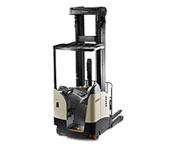
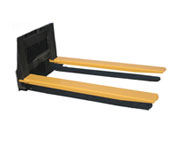
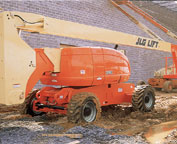

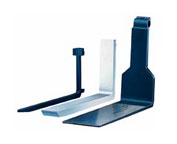
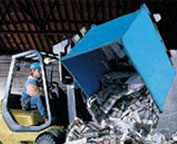
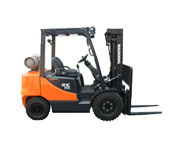
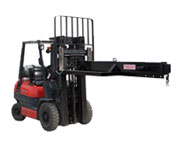
Lift Parts Express
TOLL FREE: 1-888-695-7994
LOCAL: 805-285-7052
1197 E Los Angeles Ave C-331
Simi Valley, California
forkliftpartssimivalley.com
Email Us
About Us


